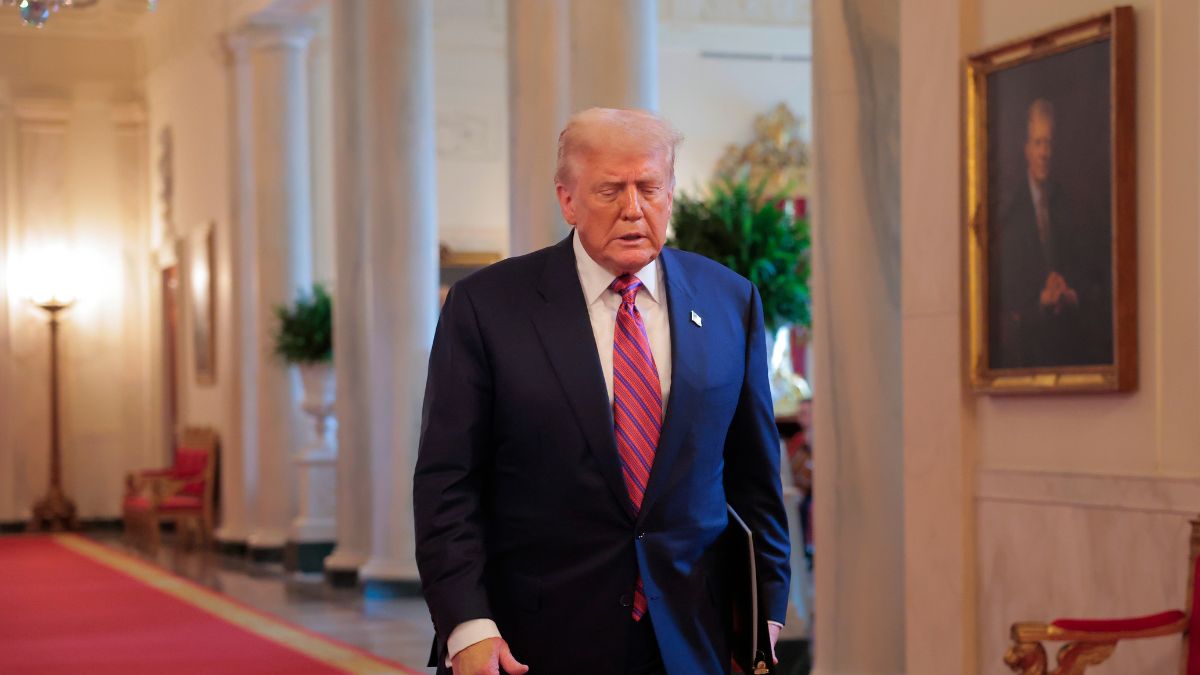
Donald Trump has once again dealt a nationalist blow to the United Nations’ global culture cooperation group. This reverses the efforts of President Biden, who worked hard to bring the U.S. back into the organization.
The United States has announced it plans to leave the United Nations Educational, Scientific and Cultural Organization (UNESCO) for the third time, signaling a major shift in its approach to international cooperation. This decision will take effect in December 2026. UNESCO was created after World War II to promote peace through collaboration in education, science, and culture.
The reasons given for this latest withdrawal are similar to past U.S. departures, with officials claiming that UNESCO pushes “divisive social and cultural causes” and focuses too much on the UN’s sustainable development goals. According to The Guardian, these goals have been criticized as part of a “globalist, ideological agenda” that conflicts with an “America First” foreign policy. A spokesperson for the U.S. State Department said staying in UNESCO does not align with the country’s interests. White House officials also argued that UNESCO backs “woke, divisive cultural and social causes” that do not reflect the policies most Americans support.
America is taking dangerous steps in nationalism by leaving UN group
Trump is no stranger to not playing well with the UN and not working well with other countries, but UNESCO likely won’t take the U.S. back. UNESCO is best known for naming World Heritage Sites like the Grand Canyon in the U.S. and the ancient city of Palmyra in Syria, but its work goes far beyond preserving landmarks.
The organization runs many cultural and educational programs aimed at encouraging dialogue between different cultures. This brings people together and promotes peace.
UNESCO works to improve education and lifelong learning, advance science for sustainability, create fairer and more inclusive societies, protect cultural heritage, support creativity, and defend freedom of expression and access to reliable information. It also helps with Africa’s development and promotes gender equality.
UN holds briefing after US withdraws from UNESCO https://t.co/gIPdWTmEhB
— Reuters (@Reuters) July 22, 2025
These efforts are meant to unite people and tackle global challenges, serving as a hub for ideas that help countries adopt international standards and run programs that encourage the exchange of knowledge. This decision to leave UNESCO sharply contrasts with the Biden administration’s actions, which rejoined the organization in 2023.
At the time, Biden’s team argued that being part of UNESCO was important to counter China’s growing influence, as China had become the group’s biggest financial supporter while the U.S. was absent. As part of rejoining, the U.S. agreed to pay around USD 619 million in overdue dues from previous years when it did not contribute. The U.S. also pledged to fund programs supporting education in Africa, Holocaust remembrance, and journalist safety. Rejoining was seen as a way for the U.S. to regain leadership and influence in international organizations.
The U.S. relationship with UNESCO has been marked by periods of involvement and withdrawal. The U.S. was one of UNESCO’s founding members in 1945 but first left in 1983 under President Reagan, who accused the organization of being anti-Western and overly political. The U.S. returned in 2003 under President George W. Bush after UNESCO made reforms.
The most recent exit before this was in 2017 during Trump’s first term, when the U.S. cited “unpaid dues, the need for major changes in the organization, and ongoing anti-Israel bias.” A major point of conflict over the years has been UNESCO’s 2011 decision to admit Palestine as a member, even though the U.S. and Israel do not recognize it as an independent state. This led the Obama administration to stop funding UNESCO, leaving the U.S. with millions in unpaid dues.







